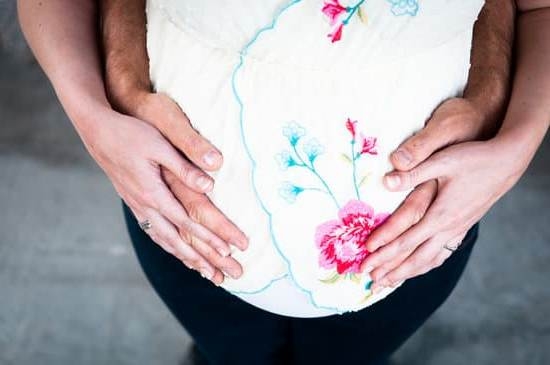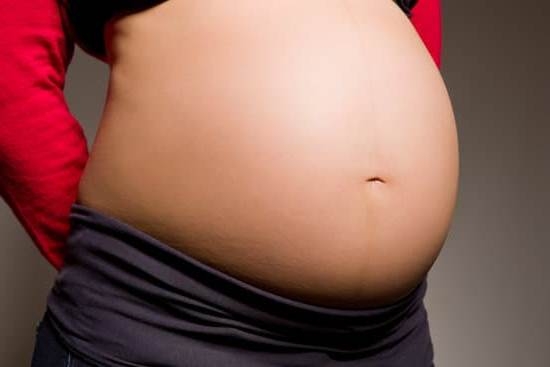Blood Discharge During Early Pregnancy
Most women are anxious and excited during the early stages of their pregnancies. However, there are a few symptoms that can cause concern and even worry. One such symptom is blood discharge. While it is not always cause for alarm, it is important to understand what could be causing the discharge and whether or not it is a sign of a problem.
There are a few things that can cause blood discharge during early pregnancy. One of the most common is implantation bleeding. This occurs when the fertilized egg attaches to the wall of the uterus. It is usually a light pink or brown discharge and only lasts a few days. Another common cause of blood discharge is a miscarriage. This is when the pregnancy ends on its own and can cause heavy bleeding and cramping. Other causes of blood discharge during early pregnancy include ectopic pregnancies, infections, and problems with the placenta.
If you are experiencing blood discharge during early pregnancy, it is important to see your doctor. He or she will be able to determine the cause and provide the appropriate treatment.
Pregnancy Vs Ovulation Discharge
It can be difficult to distinguish between pregnancy and ovulation discharge, but there are a few key differences to look out for.
Ovulation discharge is usually thin and watery, while pregnancy discharge is typically thicker and more opaque. Ovulation discharge may also be slightly stretchy, while pregnancy discharge is usually not.
The best way to determine whether you are experiencing discharge related to ovulation or pregnancy is to monitor your symptoms. If you are experiencing cramping, bloating, and a heightened sense of smell, then you are likely ovulating. If you are experiencing a change in color or smell to your discharge, then you may be pregnant.
If you are unsure whether you are experiencing ovulation discharge or pregnancy discharge, it is best to consult with your doctor.
Discharge Changes In Pregnancy
The discharge you experience during pregnancy is often different than the discharge you experience before and after pregnancy. This is because the body produces more discharge in order to keep the vagina clean and healthy. There are several types of discharge that can occur during pregnancy, and each one can be a sign of something different.
It is important to be aware of the different types of discharge and what they might mean, in order to be able to identify any potential problems. Here are some of the most common types of discharge during pregnancy:
1. White discharge: This is the most common type of discharge during pregnancy. It is usually thin and milky, and is caused by the increased production of cervical mucus. This discharge is generally harmless and is nothing to worry about.
2. Brown discharge: This type of discharge can be a sign of early labor, especially if it is accompanied by cramps. However, it can also be a sign of other problems, such as an infection. If you experience brown discharge during pregnancy, it is important to see your doctor to determine the cause.
3. Pink discharge: This type of discharge can be a sign of implantation bleeding, which occurs when the embryo attaches to the uterine wall. Implantation bleeding is usually light and occurs about 10-14 days after ovulation.
4. Yellow discharge: This type of discharge can be a sign of a yeast infection. Yeast infections are common during pregnancy, and can be treated with over-the-counter medication.
5. Green discharge: This type of discharge can be a sign of a bacterial infection. Bacterial infections are also common during pregnancy, and can be treated with antibiotics.
Knowing the different types of discharge that can occur during pregnancy is important for ensuring that you are aware of any potential problems. If you experience any type of abnormal discharge, it is important to see your doctor for diagnosis and treatment.
Blood Discharge In Early Pregnancy
Spotting or a very light discharge during early pregnancy is common. It’s usually caused by the embryo implanting in the uterus. However, any bleeding during pregnancy should be reported to your doctor.
Bleeding can be a sign of a miscarriage, ectopic pregnancy, or other serious problem. So it’s important to get checked out by your doctor if you experience any bleeding during pregnancy.
Tissue Discharge During Pregnancy
Most women experience some type of vaginal discharge during pregnancy. This is caused by the increase in estrogen and other hormones. The discharge is usually thin and white, and it may be accompanied by a slight odor.
While most cases of discharge are normal, there are a few instances when it may be a sign of a problem. If the discharge is accompanied by itching, burning, or pain, or if it is green, yellow, or brown, you should contact your doctor.
One common problem that can cause discharge during pregnancy is a yeast infection. Yeast infections are caused by a fungus, and they can be treated with over-the-counter or prescription medications.
Another problem that can cause discharge is a sexually transmitted infection (STI). STIs are caused by bacteria or viruses, and they can be treated with antibiotics or antiviral medications.
If you are experiencing any type of discharge during pregnancy, it is important to contact your doctor. He or she will be able to determine the cause of the discharge and help you to treat it.

Welcome to my fertility blog. This is a space where I will be sharing my experiences as I navigate through the world of fertility treatments, as well as provide information and resources about fertility and pregnancy.





